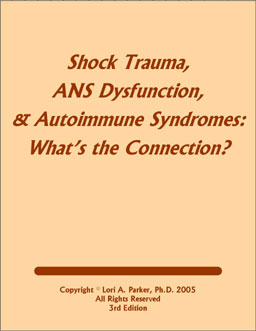
There are a number of strategies that can help a person resolve traumatic reactions. Helping resolve traumatic reactions to trauma This can include thinking about how and why it happened, how and why you were involved, why you feel the way you do, whether feelings you are having indicate what kind of person you are, whether the experience has changed your view on life, and how.

Once the distressing event is over, you may find yourself trying to make sense of the event. turning to substances such as alcohol, cigarettes and coffee.changed appetite, such as eating a lot more or a lot less.losing touch with normal daily routines.getting immersed in recovery-related tasks.inability to stop focusing on what occurred.Traumatic experiences can result in physical reactions including:Ĭommon behavioural reactions to trauma include: Emotional reactions to the event are felt during the let-down phase, and include depression, avoidance, guilt, oversensitivity, and withdrawal. let-down – after the crisis is over, exhaustion may become obvious.continuing alarm – feeling like the danger is still there or the event is continuing.not wanting to connect with others or becoming withdrawn from those around you.shock – difficulty believing in what has happened, feeling detached and confused.repeatedly playing parts of the event over in the mindĮmotional reactions to trauma can include:.These reactions are normal, and in most cases, they subside as a part of the body’s natural healing and recovery process over the next few weeks. not wanting to leave a particular place for fear of ‘what might happen’.being very protective of others including family and friends.feeling emotionally numb, as if in a state of ‘shock’.feeling as if you are in a state of ‘high alert’ and ‘on watch’ for anything else that might happen.The way a person reacts to trauma depends on the type and severity of the traumatic event, whether the person has any previous relevant experience or training, if they are active or helpless, the amount of available support following the incident, other current stressors in the person’s life, their personality, natural levels of resilience, and any previous traumatic experiences. being exposed to images, news reports or social media posts of these types of events.being in an airplane that is forced to make an emergency landing.being involved in, or witnessing, a serious car or transport accident.

being a victim of, or witness to, a crime, act of violence or armed robbery.



 0 kommentar(er)
0 kommentar(er)
